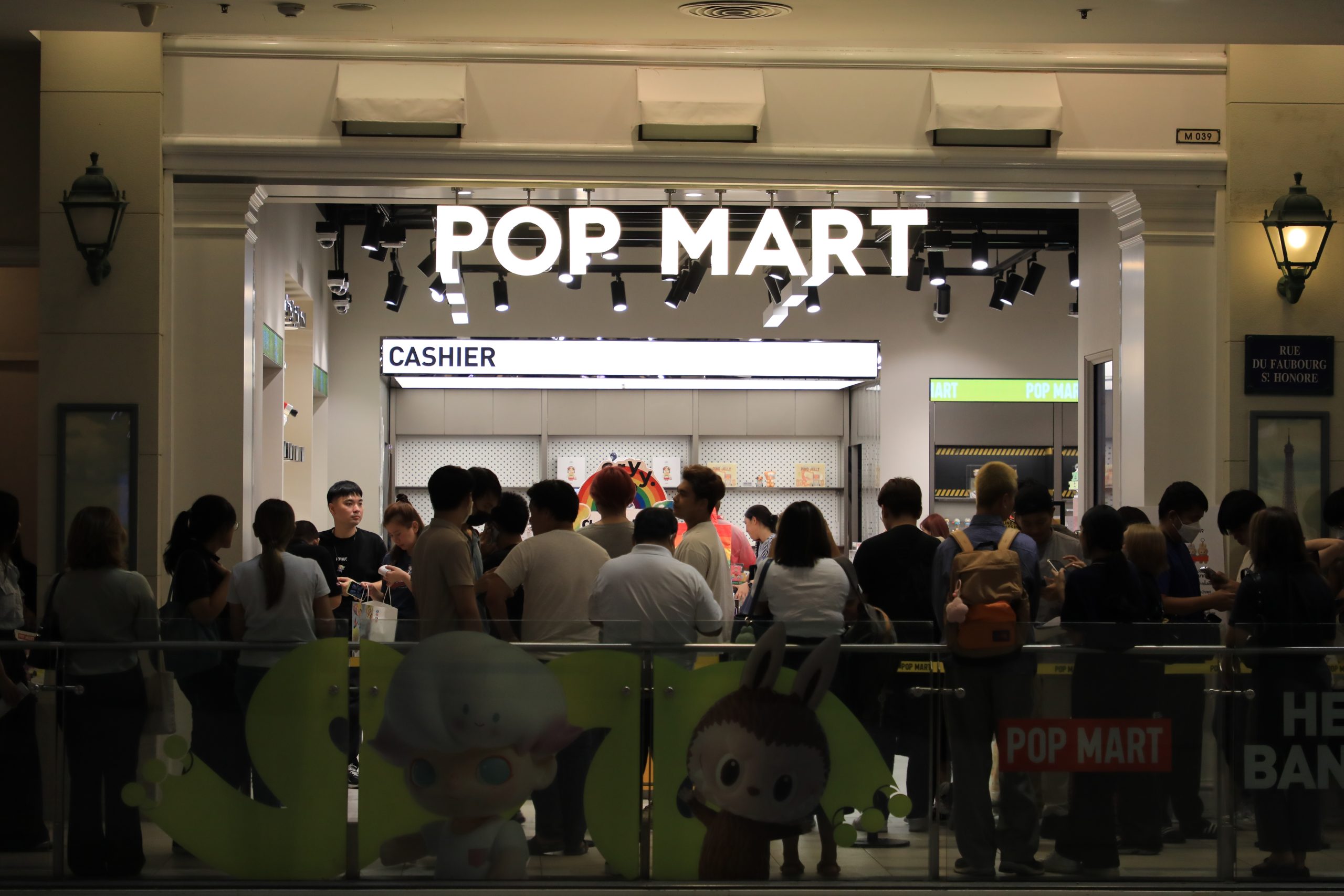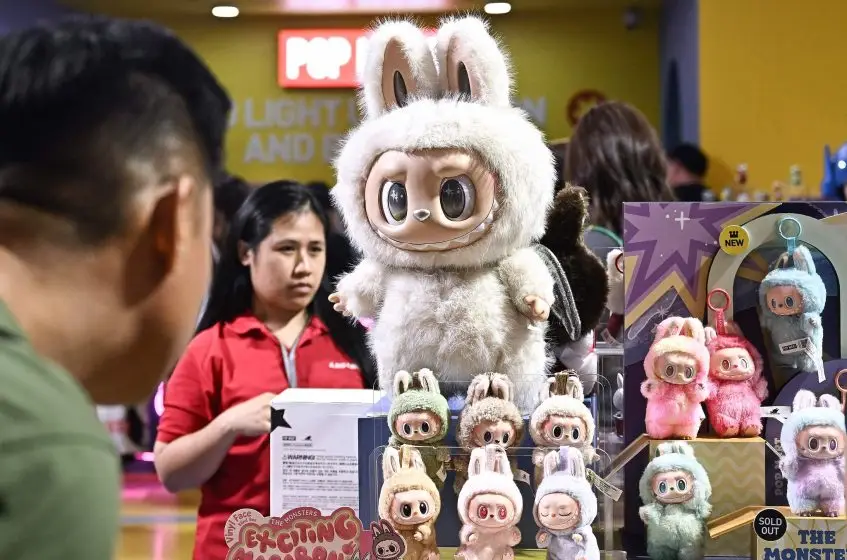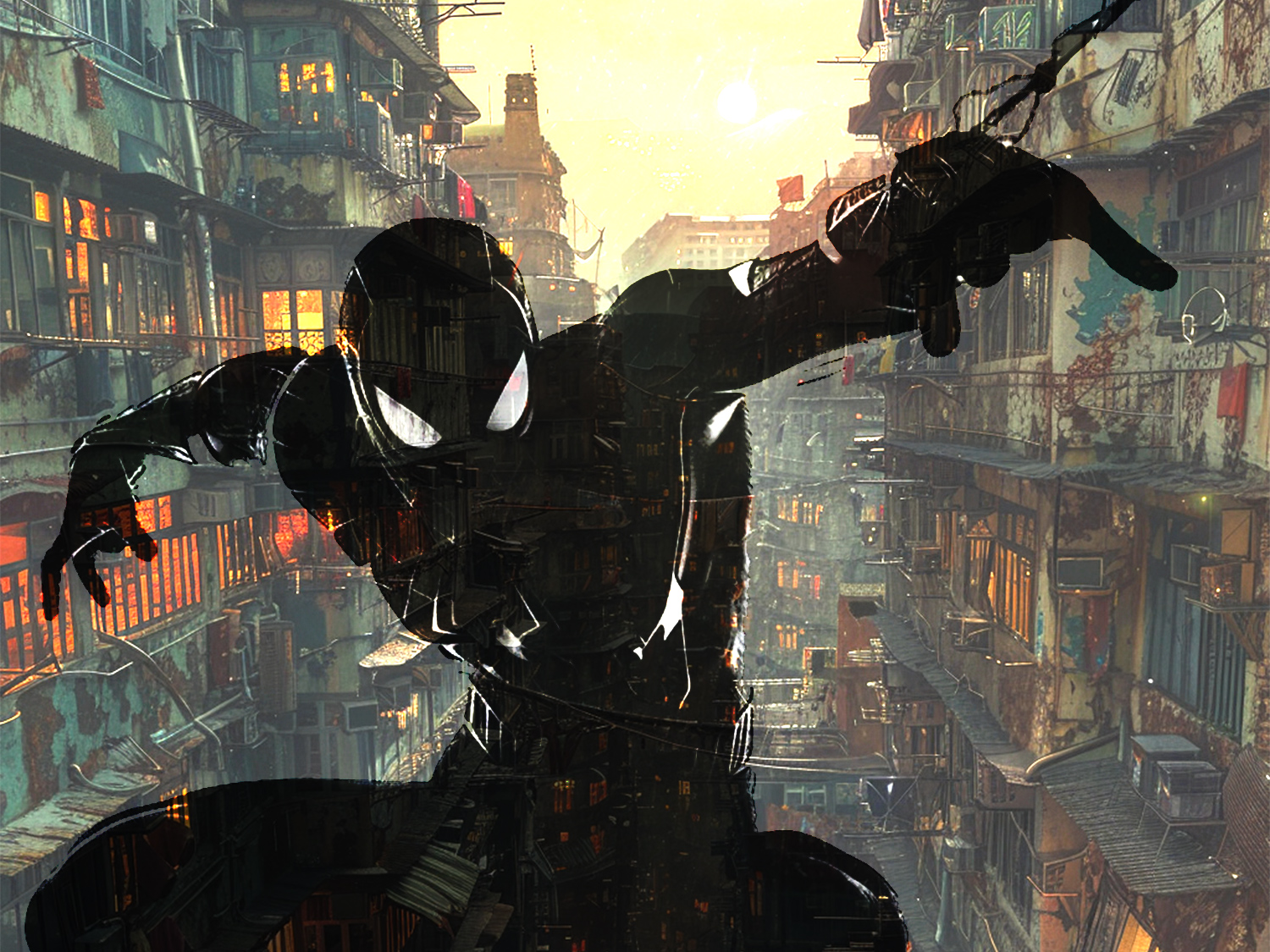Just as Labubu, a hot item in short supply not long ago, is losing steam, a new darling―the Japanese anime sensation Chiikawa―is taking centre stage, bearing witness to a typical star succession in action. Trend-following consumers have struggled to get their hands on the Labubu they crave, only to find that fashion now seems to be shifting to Chiikawa. Last Saturday marked the official opening in Hong Kong of a Chiikawa ramen restaurant, the first of its kind outside Japan. Reservations at the Mong Kok diner are already fully booked for the coming weeks, testifying to the popularity of the eponymous manga series.
Both Labubu and Chiikawa are popular trendy toy intellectual properties (IPs) that offer emotional value. But which will emerge as the ultimate trendsetter? And which will have the staying power to remain in the spotlight?
Not only are consumers disoriented but investors are also clueless. On 19 June 2025, People’s Daily, China’s official newspaper, advocated for stricter regulation of blind-box cards and toys. Meanwhile, in its recently released China Strategy Report, Morgan Stanley removed Pop Mart from its China and Hong Kong Focus List. Pop Mart’s stock price fell from a high of HK$283.4 on 12 June 2025 to HK$248.6 on 20 June 2025, representing a decline of over 12% in total. On the afternoon of 18 June 2025, Pop Mart’s large-scale restocking triggered a sharp drop in second-hand product prices, with some items from the Labubu series plunging by more than 50% (see Note 1).
Is the art-toy economy like this just a flash in the pan, or is it here to stay? As for IPs from other countries―from Japan’s anime classic Doraemon to South Korea’s Line Friends products, and from Nintendo’s Super Mario series to Marvel Universe superheroes―the IP landscape is dominated by rival players, a contemporary echo of the Spring and Autumn and Warring States periods. Most of the IPs simply come and go, and will soon be forgotten.
What kind of IPs can truly endure, transcending time and space? My analysis of the Marvel Universe’s timeless appeal, published in this column last year (see Note 2), may shed some light on this. Marvel boasts a history of over eight decades since its inception in 1939, with an IP portfolio of more than 6,000 registered trademarks, including Spider-Man, X-Men, and Hulk. Their lasting global appeal stems largely from the relentless innovation within the Marvel Universe’s kingdom of heroes.
A breath of fresh air for audiences
Despite the recurring leitmotif of superhero movies, i.e. punishing villains and rooting out vice, Marvel has been able to break the mould by enlisting acclaimed directors and actors new to the genre, offering viewers a novel experience. For example, Thor: The Dark World unfolds like a Shakespearean tragedy, while Iron Man 2 is distinguished by its humorous dialogue. Captain America: The Winter Soldier plays out as a spy thriller from beginning to end, and Guardians of the Galaxy has even earned rave reviews for daring to feature oldies from the 1970s.
Such unexpected innovations on the silver screen have enabled Marvel’s IP characters to stay fresh and relevant, keeping abreast with changing times and catering to evolving consumer tastes.
A brand-new target audience
Similar to Pop Mart’s experience with official media, Marvel has likewise faced significant challenges. During the Second World War, considered the heyday of comics in America, the top five comic book publishers, including DC Comics and Marvel, primarily zeroed in on children as their target readers. However, in 1954, the industry was criticized by the US Senate that comic book content was detrimental to children’s physical and mental development. Since then, the sales of comic books have declined drastically.
To address the rebuke from the authorities and public skepticism, Marvel shifted its sales target to college students and transformed its superheroes from characters “born with superpowers” into “mere mortals who get their superpowers by accident”. This served not only to differentiate Marvel from its competitor, DC Comics, but also to tailor its publications to highly educated consumers with a more realistic mindset.
A trailblazing business approach
As the end of the 20th century brought an annual sales downturn of 20% in Marvel’s core comic book business, toy manufacturers began to question the sustainability of the company’s IPs and balked at purchasing their copyright licences. Marvel suffered a cash flow crisis and risked running out of funds at any moment. Was it possible to save the day for the company?
To rebuild the standing of its IPs, Marvel realized that traditional comics no longer matched the consumer tastes of the new generation and hence there was an urgent need to rebrand its old IPs through new media. Riding the wave of change, the company swiftly adjusted its focus to the thriving film industry, licensing its IP rights to several major studios. For example, it signed agreements for Spider-Man with Sony Pictures, X-Men with 20th Century Studios, and Hulk with Universal Studios.
Such a strategy not only enabled Marvel to stay out of cash flow troubles but also facilitated the use of films as a powerful channel for expanding the reach of its IPs, revitalizing its passé products and ultimately achieving worldwide popularity.
Drawing on others’ experiences, when we doubt if Labubu is out of fashion, we should perhaps take a leaf from the growth journey of the vintage Spider-Man IP. When we wonder if Pop Mart’s success can be replicated, the evolution of superhero movies offers an answer. And if we ask how today’s IP economy can sustain growth, Marvel’s product innovation provides inspiration.
New IPs emerge in every era, but how long can each lead the trend? Given the limitless potential of the IP economy, its future trajectory merits close attention.
Note 1:
Note 2: “Kowloon Walled City vs Spider-Man: Business Models of Intellectual Property”, Hong Kong Economic Journal, 29 May 2024







